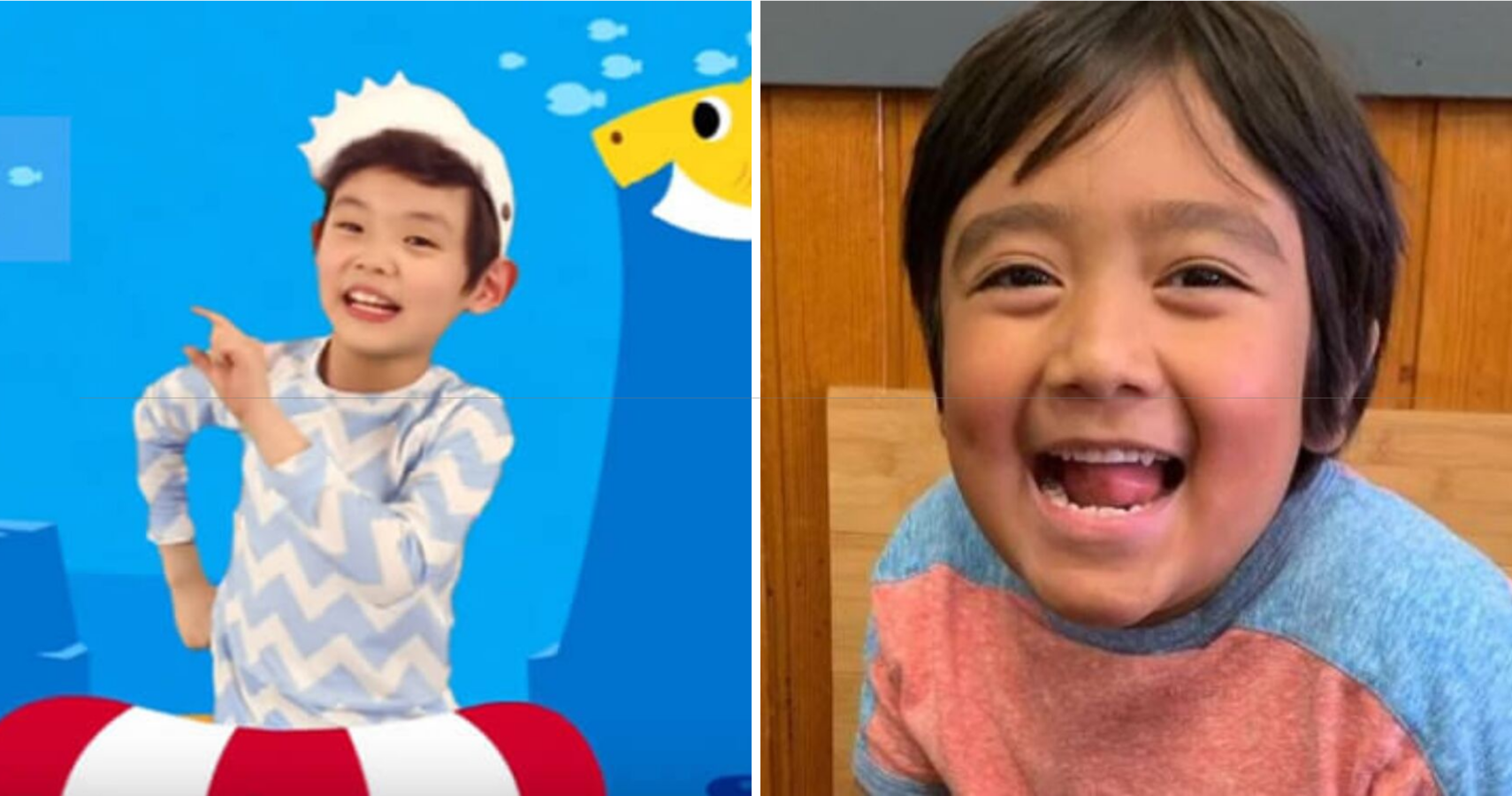In the new media world of online content creation, many of the most popular creators are kids. Parents who allow their kids screen time know that there is an abundance of videos on YouTube where kids are the stars. Because there are constantly new kids joining the landscape of online content creation, it's important to make sure they're being protected at all costs. That's why some digital media companies are taking the steps to protect their kid influencers.
When you look at a kid like Ryan, the star of Ryan ToysReview on YouTube and the show Ryan's Mystery Playdate on Nickelodeon is the highest earning YouTuber. He is an entire brand in and of himself, though his family participates in his videos and show. But how do you protect something like that? Pocket.watch, the media company Ryan signed with back in 2017 had no guidelines in place for his protection. So, they had to create their own.
While they aren't divulging the exact details of what that manifesto includes, their CEO, Chris Williams is open to talking about what they used to create their guidelines. Borrowing heavily from the entertainment industry's child labor laws, along with their own research has lead them to creating something manageable to protect the young content creators on their roster.
Since Pocket.watch has several clients on their roster under the age of 13, they have to make sure they have a comprehensive plan in place. One of the boundaries it was important to enforce is working hours. When you're creating content, it's easy to create your own schedule, but with the constant need for new content, it's easy to fall into working too much. Their rules are based on SAG-AFTRA's guidelines for working hours. Kids under the age of six cannot work more than six hours a day. Those between seven and nine can't work more than eight hours, and kids between 10 - 16 can work up to nine hours a day.
In addition to working hour stipulations, Pocket.watch provides parents with materials on financial literacy. This includes information on how to properly manage their children's money. And they give information on Coogan laws, which is a California law that requires 15 percent of a minor's financial earnings put in a trust that no one has access to. Parents are also given resources to find a qualified on-site tutor, and guidelines about age appropriate content.
Trying to navigate this new landscape is causing media companies across the world to come up with plans. Because the internet knows no global boundaries, countries have to hold themselves responsible. SuperAwesome, a United Kingdom based kids digital media company created their own program, SafeFam for this reason. The program gives content creators and brands not just guidance, but training in how to handle these things.
“We tackle that life-work balance, if you will, but it’s complicated because for a lot of kids, this isn’t work. It comes with a livelihood, but it’s not work. The second that it becomes [a job], that’s when parents need to step in and give it a look,” SuperAwesome's head of KidFluencer Marketplace, Brittany Bagnall tells Kidscreen.
But despite all of their work, Pocket.watch and SuperAwesome are operating at a very basic level. As of right now, there are no federal laws in place to protect kid content creators. So there are still plenty of content creators falling through the cracks in terms of protections. Those who may not have the same kind of numbers as kids like Ryan may be putting in more time to reach that level of status. But it will take more people coming together to get the government to take notice.
“I firmly believe that policymakers at the federal level, at the state level—at all levels—should establish laws and regulations that protect young influencers and young creators,” Chris Williams tells Kidscreen. “I think the reason [laws or regulations] aren’t in place yet is because so many people aren’t even aware of how massive this space is and how popular these talents are,” Bagnall notes.
Williams adds, “I really hope that when it happens it will be a collaboration between educators, researchers, lawmakers and the industry at large because we all need to come together to establish those ground rules." Until that time hopefully comes, Williams vows to remain "committed to doing our best to set the industry standard.”
Hopefully these companies are able to show the higher powers that be this is an important thing to look at. Digital content is very clearly the way media is starting to go. So knowing that the kids making the content are being protected makes everything better.
READ NEXT: EXCLUSIVE: Ryan ToysReview Opens Up About The Coolest Part Of His Multi-Million Dollar Job

